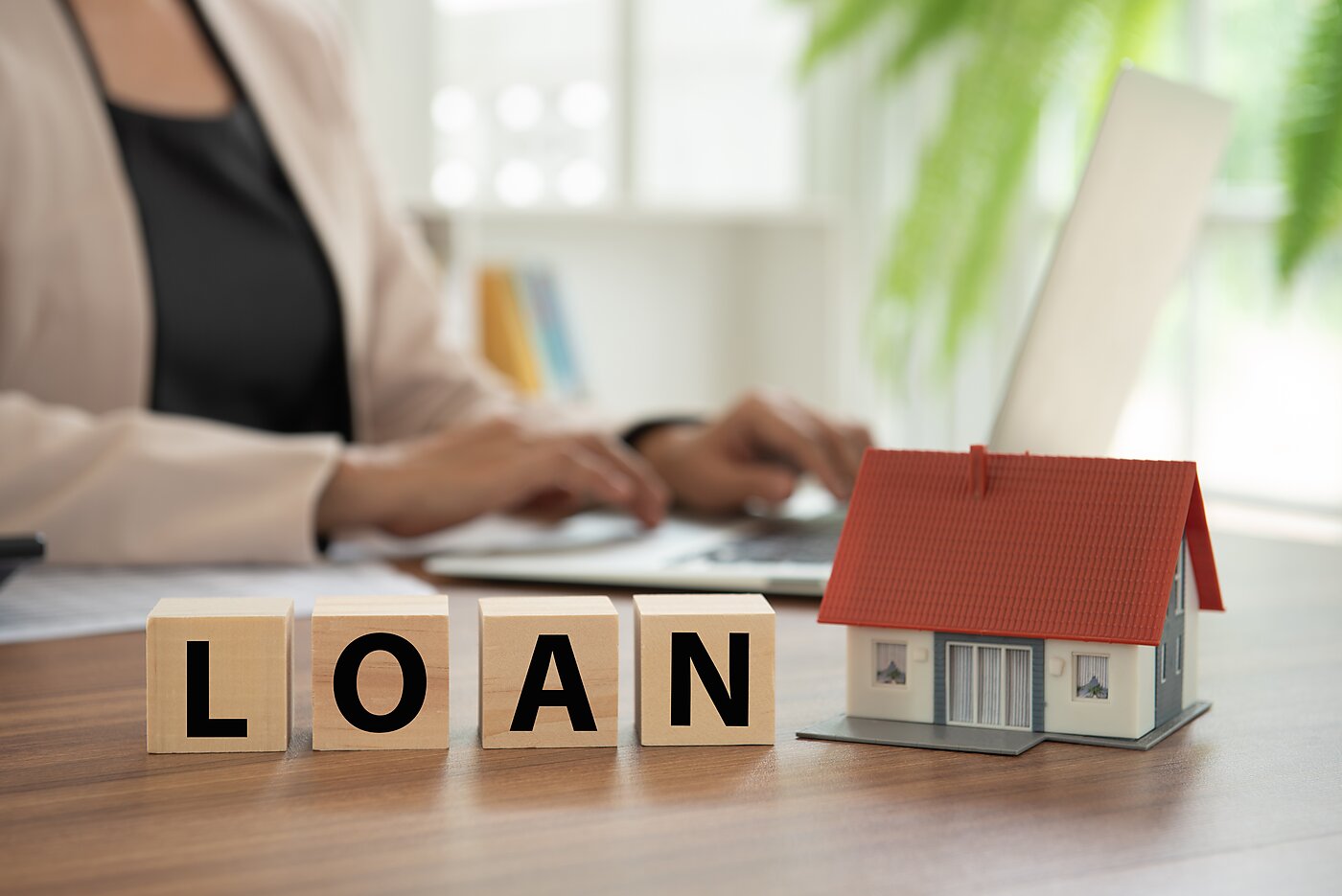Breaking News Blast
Stay updated with the latest news and insightful articles.
Home Loans: Your Ticket to Homeownership or a Trap Door?
Unlock the secrets of home loans: Discover if they're your path to homeownership or a hidden trap door waiting to ensnare you!
Understanding the Different Types of Home Loans: Which One is Right for You?
When it comes to buying a home, understanding the different types of home loans is crucial for making an informed decision. Home loans primarily fall into two categories: conventional loans and government-backed loans. Conventional loans are not insured by the federal government and typically require a higher credit score, while government-backed loans, such as FHA, VA, and USDA loans, offer more flexible qualification criteria and lower down payment options. Each loan type has its own set of advantages and considerations, making it essential for potential homeowners to assess their financial situation and long-term goals.
To determine which type of home loan is right for you, consider the following factors:
- Your credit score: Higher scores generally qualify for better interest rates.
- Down payment: Determine how much you can afford to put down. Conventional loans often require at least 5–20%, while some government loans allow for as little as 3% down.
- Loan term: Decide whether a fixed-rate or adjustable-rate mortgage fits your financial strategy.
- Future plans: Consider how long you intend to stay in the home, as this can influence your loan choice.

The Hidden Costs of Homeownership: Are You Prepared?
Homeownership is often viewed as a hallmark of success and stability, but it comes with hidden costs that many prospective homeowners fail to consider. Beyond the obvious expenses like the mortgage and property taxes, there are essential maintenance fees, homeowners association (HOA) dues, and unexpected repairs that can quickly add up. According to estimates, it's wise to budget around 1% of your home's value annually for maintenance alone. This can include everything from routine upkeep like landscaping and HVAC servicing to more significant repairs like roof replacements or plumbing issues.
Moreover, the financial implications extend to utilities and insurance, which are often underestimated. Homeowners must account for increased utility costs with larger spaces and the potential for higher property insurance since rates can vary based on location and property type. For example, if the home is in a flood-prone area, the insurance premiums can be significantly higher. As you evaluate your readiness for homeownership, consider all of these factors and create a comprehensive budget that includes both expected and unexpected expenses. Being prepared can save you from financial stress in the long run.
Is a Fixed-Rate Mortgage the Best Option for Your Financial Goals?
When considering whether a fixed-rate mortgage is the best option for your financial goals, it's essential to understand its benefits in the context of your overall financial strategy. A fixed-rate mortgage offers stability, allowing homeowners to lock in their interest rate for the life of the loan. This means your monthly payments will remain consistent, making budgeting easier and protecting you from fluctuations in the market. For those who prioritize long-term planning and want peace of mind, a fixed-rate mortgage can be particularly appealing.
However, it's crucial to weigh the disadvantages as well. While a fixed-rate mortgage provides security, it may not be the ideal choice for everyone. If you plan on moving or refinancing within a few years, you might end up paying more in interest compared to a variable-rate option that starts with a lower rate. It's important to analyze your financial goals and consider factors such as how long you intend to stay in your home and potential changes in your income before deciding. Ultimately, the best mortgage choice will align with both your immediate needs and long-term objectives.